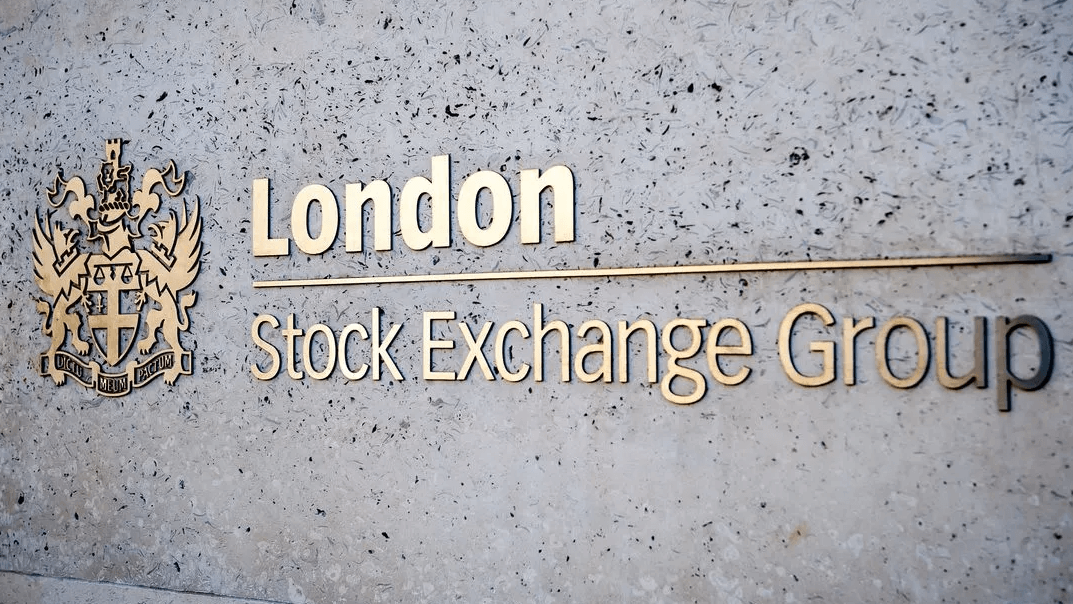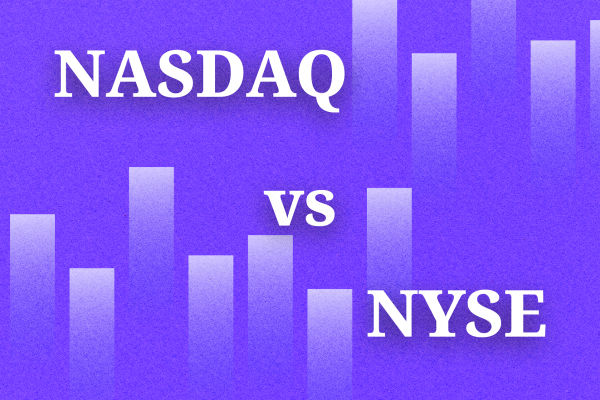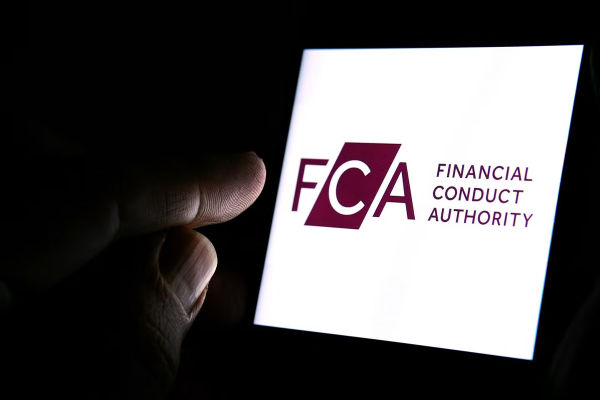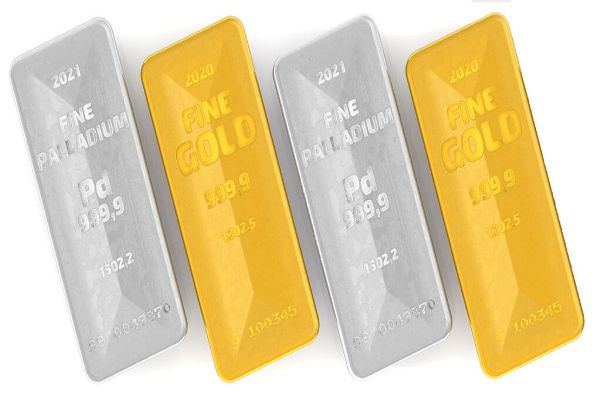Was the London Stock Exchange the world's first stock exchange? Actually, no. Its establishment dates back to the end of the 17th century, and it is one of the oldest and most famous stock exchanges in the United Kingdom, as well as one of the oldest stock exchanges in the world.

But when it comes to the first stock exchange in the world, it is widely believed to be the Amsterdam Stock Exchange in the Netherlands, which was established in 1602. But now we understand the international financial centers, less London, New York, and Shanghai, but the Netherlands is not among them. The beginning of London as a financial center was the establishment of the LSE.
In the second half of the 17th century, the center of the world economy shifted to the United Kingdom, and the Dutch joint-stock companies also came to the United Kingdom to make money. At that time, there was no formal stock market in London, and there was no stock exchange as there is now. The companies traded in an open-air market, and the situation was just like buying food in the market nowadays.
In fact, as early as 1565. London had its own Royal Exchange for trading government bonds. However, the Royal Exchange was arrogant and refused to allow Jews to enter or leave on the grounds that they were of bad character. The Jews had to move to the nearby Jonathan's Coffee House for stock trading.
Why the café? From the 16th century on, there were all kinds of coffeehouses in London, big and small. People liked to chat in them, at gatherings, speeches, and so on, and people came and went, naturally, with the most unimpeded gossip, which was convenient for those who needed to get news of the stockbrokers.
One of the brokers made his own manual with some trading procedures and precautions, as well as a list of other people's stocks and prices. This made it efficient and convenient for everyone without much ado, and everyone followed it. The cafe saw to it that they simply got a bulletin board. Putting everyone's information together, this is what we see today with the listing and trading of stocks.
In 1773. this place was officially renamed the London Stock Exchange (LSE), and with the Industrial Revolution that followed, London as a financial center of the position is becoming more and more important; it has mastered most of the wealth of Europe. After the flow of New York, it became a new financial center. After World War I, the United States held most of the world's gold reserves. And while Britain still owed the United States foreign debt, New York became a new financial center.
London Stock Exchange related queries
| Establishment |
1773 |
Market Opening Hours |
8:00- 16:30 |
| official website |
www.londonstockexchange.com |
Total number of listed companies |
3233 |
London Stock Exchange Group
(LSEG) is an international provider of financial market infrastructure and information services, headquartered in London, England. The group provides a wide range of financial market services globally, including equity trading, fixed income trading, clearing and settlement, data distribution, and technology and information services related to financial markets.
The group has a number of recognizable markets and brands, including the core trading platform, LSE, which offers trading in equities and other financial instruments with a focus on equity trading, market clearing, and listed company services.
Borsa Italiana specializes in serving the Italian market with equity trading, derivatives trading, market data, etc. LCH Clearnet is an international clearing house providing clearing services for fixed income, equities, and derivatives.
Refinitiv is a leading global provider of financial information services, offering market data, analytical tools, financial news, and other services. FTSE Russell, on the other hand, is an index and data analytics division that publishes a variety of financial indices.
It plays an important role in the global financial markets, providing investors, financial institutions, and corporations with a wide range of financial instruments and market infrastructures and promoting liquidity and transparency in the global financial markets.
London Stock Exchange (LSE) organizational form
| Organizational Segment |
Description |
Responsibilities and Functions |
| Board of Directors |
Composed of directors |
Manage the company, strategic plan |
| Senior Management |
(CEO and CFO) etc. |
Manage day-to-day operations and finance |
| Listed Companies |
LSE listed companies |
Comply with listing requirements |
| Investors and traders |
Equity investors |
Participate in market transactions |
| Financial regulators (e.g. FCA) |
Regulator |
Overseeing market compliance |
London Stock Exchange trading made
The LSE's trading system is developed and administered by the Exchange itself and the financial regulators to ensure the fair, transparent, and efficient functioning of the market. Its basic trading system and principles are:
Firstly, market opening and closing times are set out. The market opens in the morning on weekdays, and trading hours are usually from 8:00 a.m. to 4:30 p.m. This time period allows traders to buy and sell stocks and other financial instruments on the market.
The Exchange has established a strict set of trading rules, including regulations on order types, transaction prices, and volumes. These rules are designed to ensure a fair and transparent market and to prevent manipulation and misconduct.
For listed companies, the Exchange requires them to meet certain listing requirements, including financial reporting and transparency requirements. This helps investors understand the financial condition and operations of listed companies. At the same time, the Exchange provides a range of services to listed companies, including investor relations support, marketing communications, and corporate governance guidance.
The Exchange is subject to the rules and regulatory requirements of the UK Financial Conduct Authority (FCA) to ensure market compliance and investor protection. The Exchange has a Market Regulation Department that oversees market activities, detects unusual trading behavior, and takes necessary measures to ensure an orderly market.
For clearing and settlement, it is the responsibility of its associated clearing agency to ensure efficient settlement and fulfillment of transactions. Exchanges also provide real-time market data, including stock quotes, turnover data, and other financial information, to assist investors in making informed trading decisions.
According to the different levels can be divided into:
The Main Market covers UK and international companies. This is the most common and dominant market and includes components of major indices such as the FTSE 100. FTSE 250. and FTSE All-Share. Major market-listed companies are required to meet certain listing standards and disclosure requirements, including financial disclosure and corporate governance requirements.
A regulated market is a market that complies with the European Joint Markets Regulation (MiFID), which includes the main market but also allows companies from outside the European Economic Area (EEA) to list here. This means that non-UK companies can also choose to list on the regulated market.
The AIM market is also known as the Alternative Investment Market and specializes in providing funding opportunities for small and medium-sized businesses and minority companies. The AIM market has lower listing criteria than the main markets, but certain regulatory and disclosure requirements It is generally more suited to growing and riskier companies.
The Specialized Funds Market (SFM) is a market for the listing and trading of investment funds, including different types of investment funds, such as closed-end funds and open-end funds.
London Stock Exchange Listed Securities Index (LSE LSI)
| Index Name |
DESCRIPTION |
| FTSE 100 Index |
Market Capitalization weighted index of the top 100 UK companies |
| FTSE 250 Index |
Market capitalization weighted index of 250 UK companies after the top 100 |
| FTSE All Share Index |
Composite index of all London Stock Exchange listed companies |
| FTSE Small Cap Index |
Smaller UK companies index |
| FTSE AIM All-Share Index |
Composite index of companies listed on the AIM market |
| FTSE 350 Mining Index |
Index of companies in the mining and extractive industries |
| FTSE 350 Financials Index |
Index of companies in the financial sector |
| FTSE 350 Healthcare Index |
Index of companies in the healthcare sector |
| FTSE 350 Technology Index |
Index of companies in the technology sector |
| FTSE 350 Consumer Goods Index |
Consumer sector companies' index |
Disclaimer: This material is for general information purposes only and is not intended as (and should not be considered to be) financial, investment, or other advice on which reliance should be placed. No opinion given in the material constitutes a recommendation by EBC or the author that any particular investment, security, transaction, or investment strategy is suitable for any specific person.







